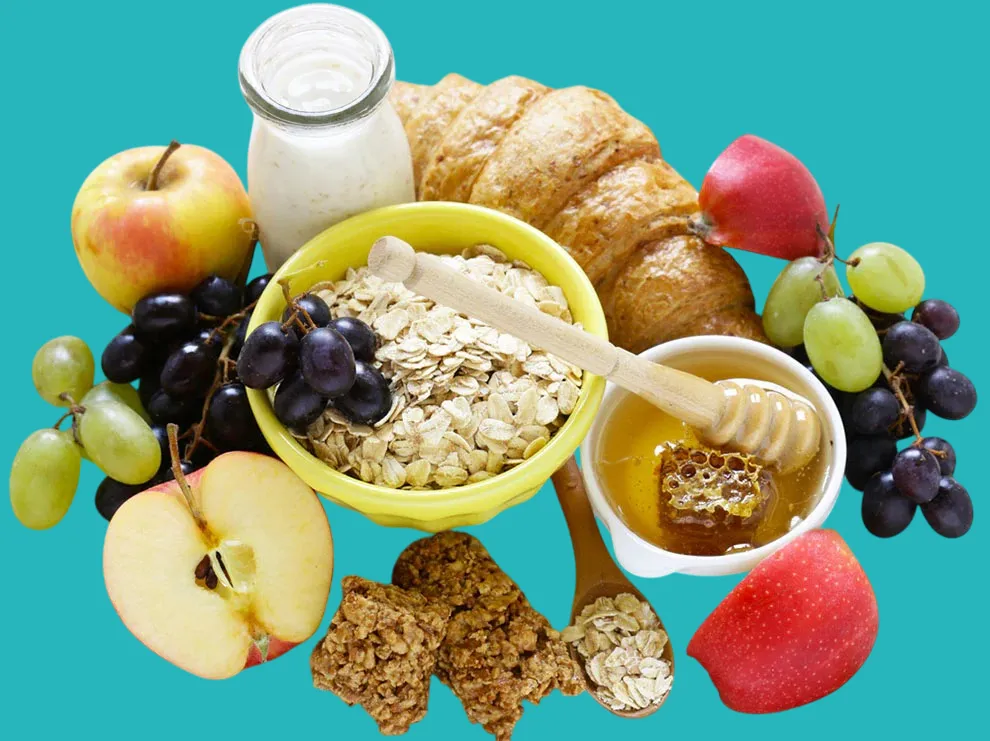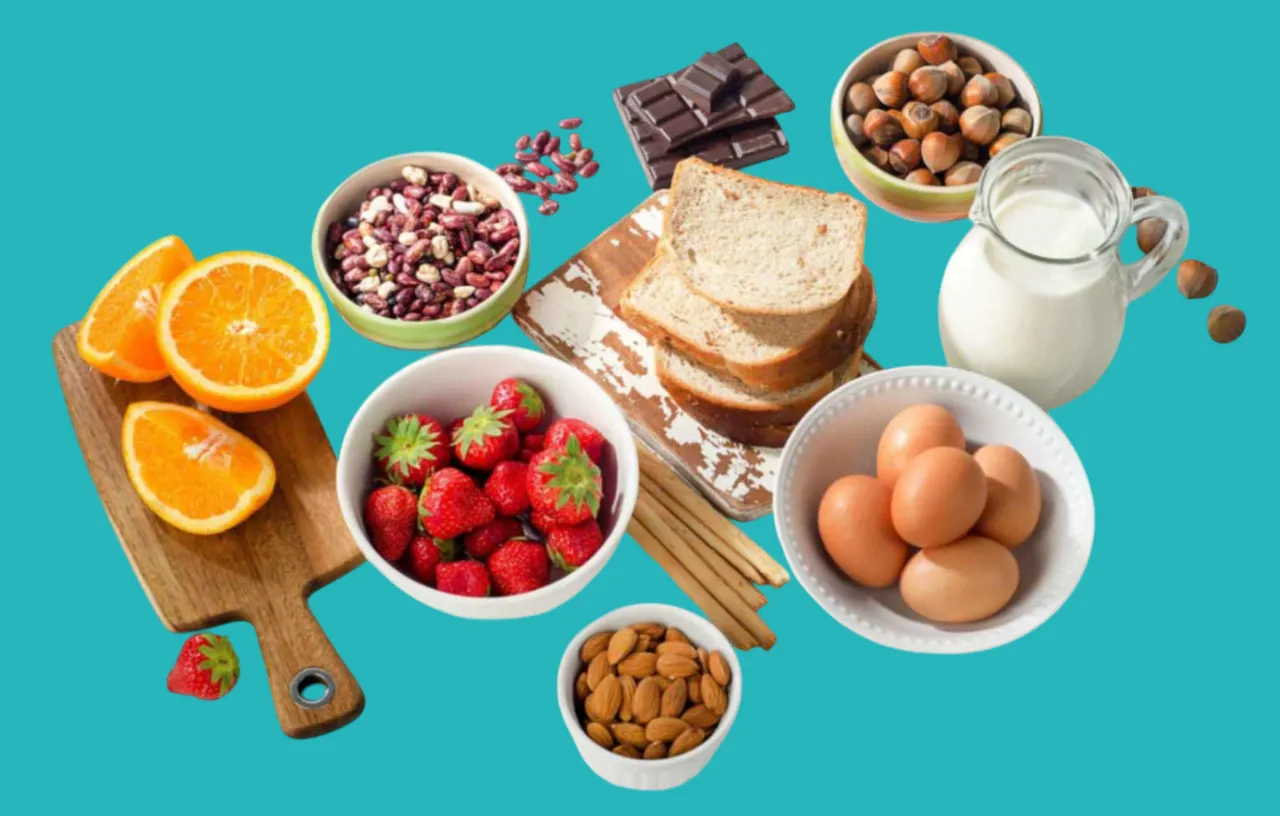Many people suffer from irritable bowel syndrome (IBS), a chronic condition that affects the digestive system and causes uncomfortable symptoms such as bloating, gas, abdominal pain, and changes in bowel movements.
Following a proper diet is one of the most important steps to controlling symptoms and improving quality of life.
First: Eat light, easy-to-digest foods

IBS patients are advised to follow a low-FODMAP diet, meaning they should limit foods containing sugars that are difficult to absorb, such as:
- Onions and garlic.
- Legumes.
- High-lactose dairy products.
- Apples, pears, and watermelon.
Second: Focus on easy-to-digest foods
To ease the digestive system, it is preferable to eat light foods such as:
- White rice and boiled potatoes.
- Grilled chicken or boiled fish.
- Oatmeal and ripe bananas.
Third: Increase soluble fiber
Soluble fiber helps improve bowel movements and reduce cramps. The most important sources include:
- Oatmeal.
- Chia seeds.
- Carrots.
- Cooked zucchini.
Fourth: Avoid Irritating Foods for the Colon
There are foods that exacerbate symptoms and are best avoided, such as:
- Fatty and fried foods.
- Caffeine and soft drinks.
- Spicy foods.
- Processed sweets and sweets rich in sugars.
Fifth: Pay Attention to Regular Meals
It is better to eat small, regular meals rather than large ones, chewing slowly to reduce bloating and improve digestion.
Sixth: Drink Plenty of Water
Water helps regulate bowel movements and reduce cramps. It is recommended to drink 6 to 8 glasses daily.
Seventh: Foods Beneficial for Irritable Bowel Syndrome

Among the most important foods that help soothe the colon and improve digestion are:
- Low-fat yogurt.
- Mint, chamomile, and ginger as soothing drinks.
- Sweet potatoes.
- Quinoa and brown rice.
Does milk cause irritable bowel syndrome?
Regular milk may cause uncomfortable symptoms due to lactose, so it's best to choose lactose-free or almond milk.
Is fiber beneficial for all IBS patients?
Soluble fiber is beneficial, but insoluble fiber can cause irritation in some cases, so it's important to consume it in moderation.
Does coffee harm IBS?
Yes, caffeine can increase colon spasms and cause diarrhea in some patients, so it's best to reduce or avoid it.
Article Summary
The best diet for IBS patients is based on reducing irritating foods and increasing bland, easy-to-digest foods such as oatmeal, boiled potatoes, yogurt, and rice.
This should be done while maintaining hydration, regulating meals, and monitoring foods that trigger symptoms to avoid them in the future.